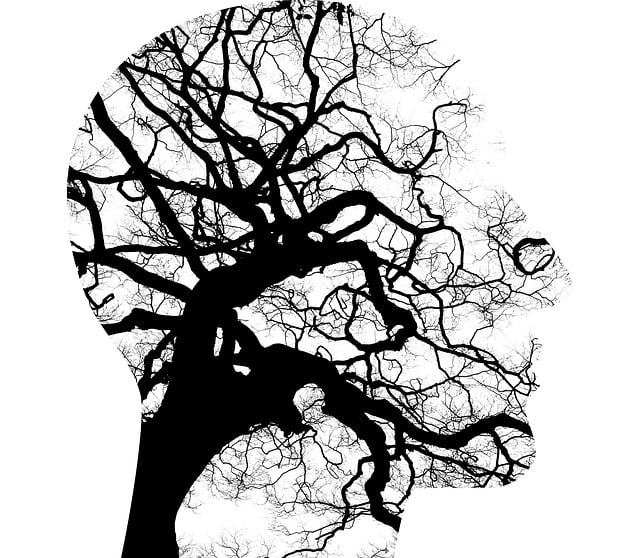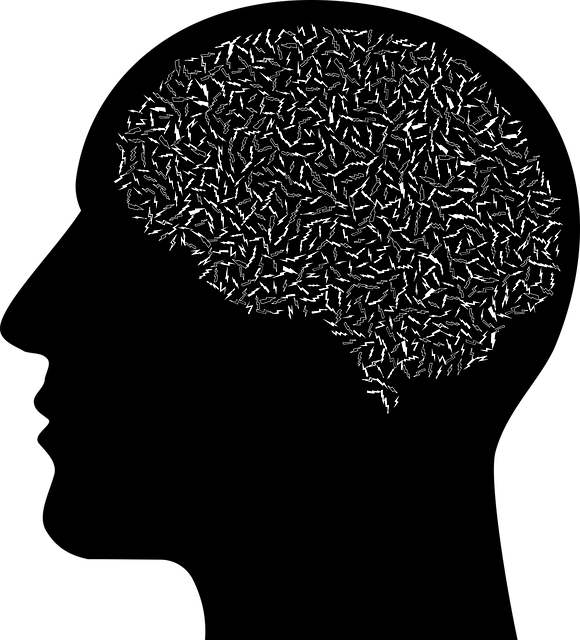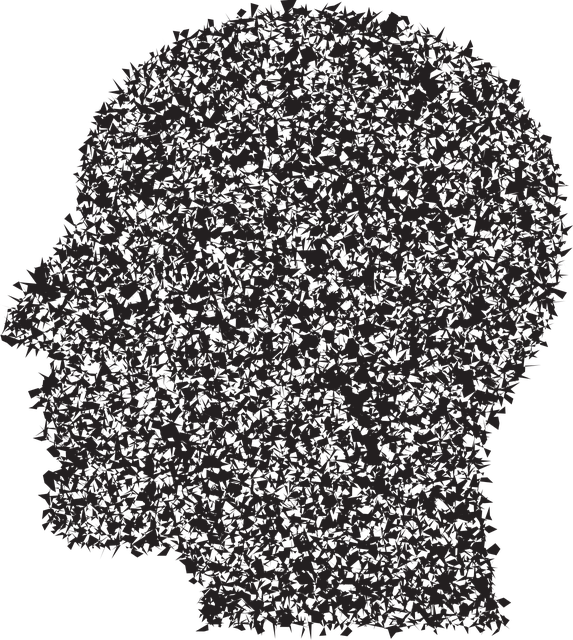Boulder Adjustment Disorder (BAD) is a mental health condition caused by significant life changes or trauma, leading to hopelessness and cognitive impairment. Effective therapy, such as cognitive-behavioral therapy (CBT) and mindfulness practices, combined with Mental Health Education Programs and Community Outreach, can build resilience. The Resourceful Adaptation to Change (RFM) model, focusing on practical coping skills, is a powerful treatment for BAD and other mental health challenges. Integrating RFM into clinical practice, alongside Resilience Building Exercises like mindfulness and physical activity, enhances support for BAD patients. Recent studies show improved patient outcomes with RFM integration, emphasizing its importance in modern therapy for managing BAD symptoms and fostering self-efficacy.
“Discover how Resilient Factor Model (RFM) exercises empower individuals to overcome Boulder Adjustment Disorder (BAD). This comprehensive guide explores the profound impact of RFM in therapy, offering a structured approach to managing BAD symptoms. From understanding the disorder’s effects to practical resilience-building strategies, we provide insights for mental health professionals. Learn from successful case studies, and unlock effective tools to enhance therapeutic outcomes for clients facing BAD challenges.”
- Understanding Boulder Adjustment Disorder: Symptoms and Impact
- The Role of RFM in Therapy: A Comprehensive Approach
- Resilience Building Exercises: Practical Strategies for Coping
- Implementing RFM in Clinical Practice: Tips for Mental Health Professionals
- Case Studies: Success Stories of RFM and Resilience Training
Understanding Boulder Adjustment Disorder: Symptoms and Impact

Boulder Adjustment Disorder (BAD) is a condition that arises when individuals struggle to cope with significant life changes or traumatic events. This disorder, often characterized by feelings of hopelessness and disorientation, can manifest after major transitions such as relocation, job loss, or personal relationship breakdowns. The symptoms of BAD are multifaceted, encompassing emotional distress, cognitive impairment, and physical manifestations like fatigue and sleep disturbances.
The impact of Boulder Adjustment Disorder can be profound, affecting not just the affected individual but also their social circles. Without proper intervention, BAD may lead to chronic mental health issues including depression and anxiety disorders. However, through effective therapy tailored for BAD—such as cognitive-behavioral therapy (CBT) and mindfulness practices—resilience building exercises can be implemented within Mental Health Education Programs Design. Community Outreach Program Implementation focused on promoting positive thinking and coping strategies can also play a crucial role in supporting those affected by this disorder, helping them navigate life’s challenges more effectively.
The Role of RFM in Therapy: A Comprehensive Approach

Resilience-focused therapy, incorporating techniques like RFM (Resourceful Adaptation to Change), offers a powerful approach to treating various mental health challenges, including Boulder Adjustment Disorder. This method goes beyond traditional talk therapy by emphasizing practical skills for coping with life’s transitions and stressors. By teaching individuals how to adapt and grow through adversity, RFM becomes an invaluable tool in therapy sessions.
In the context of depression prevention, self-care routine development, and mental health education programs design, RFM encourages clients to identify their strengths and resources. It involves exploring personal values, goals, and meaningful activities, which are then leveraged to navigate life’s ups and downs. This comprehensive approach not only aids in managing symptoms but also fosters a sense of empowerment, enabling individuals to lead more fulfilling lives while effectively tackling mental health concerns like Boulder Adjustment Disorder.
Resilience Building Exercises: Practical Strategies for Coping

Resilience Building Exercises play a pivotal role in enhancing individuals’ ability to cope with life’s challenges and adversities, ultimately fostering mental health and well-being. These exercises are particularly valuable for those grappling with conditions like Boulder Adjustment Disorder Therapy (BADT), where resilience is key to managing stress and trauma. By integrating practical strategies into daily routines, individuals can develop a stronger sense of emotional agility and equilibrium.
One effective approach involves incorporating self-care practices such as mindfulness meditation, regular physical activity, and maintaining a structured Self-Care Routine Development for Better Mental Health. These activities serve as buffers against stressful events, promoting better coping mechanisms. Moreover, engaging in mental illness stigma reduction efforts through open conversations and education can further empower individuals to seek support and build resilience. As part of broader Mental Health Policy Analysis and Advocacy initiatives, these exercises contribute to a holistic understanding and management of mental health conditions.
Implementing RFM in Clinical Practice: Tips for Mental Health Professionals

Implementing RFM (Resilience, Flexibility, and Mastery) in clinical practice can significantly enhance mental health professionals’ ability to support clients dealing with challenges like Boulder Adjustment Disorder. This therapeutic framework fosters resilience by encouraging individuals to embrace change, adapt to stressful situations, and develop a sense of control over their lives. Mental health professionals can integrate RFM principles into their sessions through active listening and open-ended questioning, helping clients identify personal strengths and resources that contribute to their resilience.
By incorporating empathy-building strategies, professionals create a safe space for clients to express their emotions freely. This fosters understanding and connection, strengthening the therapeutic bond. Additionally, incorporating regular check-ins and goal setting sessions can serve as effective burnout prevention tactics. Resilience building exercises, tailored to individual needs, empower clients to navigate life’s hurdles with greater ease, ultimately promoting long-term mental wellness.
Case Studies: Success Stories of RFM and Resilience Training

In recent years, case studies have shown that integrating Resilience, Flexibility, and Mindfulness (RFM) exercises into therapy practices has led to remarkable improvements in patient outcomes, particularly for those dealing with trauma-related issues such as Boulder Adjustment Disorder. These successful implementations highlight the power of combining traditional therapy methods with innovative resilience-building techniques. For instance, a study conducted among veterans suffering from post-traumatic stress disorder (PTSD) demonstrated that incorporating mindfulness meditation into their treatment plans significantly reduced symptom severity and improved overall quality of life.
The effectiveness of RFM training is also evident in various healthcare settings. Healthcare provider cultural competency training has been enhanced by integrating crisis intervention guidance based on resilience principles, leading to better patient care and more positive outcomes. This approach not only empowers individuals with coping strategies but also fosters a sense of self-efficacy, allowing them to navigate challenging situations with greater ease. Such success stories underscore the importance of resilience building as a crucial component in modern therapy and healthcare practices.
Boulder Adjustment Disorder (BAD) significantly impacts individuals’ lives, but with the right tools, recovery is achievable. The Integration of Resilient Focused Mindfulness (RFM) and resilience-building exercises offers a powerful therapeutic framework for BAD management. By combining cognitive techniques with practical coping strategies, mental health professionals can empower clients to navigate challenges and foster long-term well-being. As evidenced by the case studies presented, RFM and resilience training prove effective in enhancing individuals’ ability to cope with trauma and stress, ultimately improving their overall quality of life. This approach is a promising game-changer in Boulder Adjustment Disorder therapy.














